EVOLUCIÓN: Topics in Flamenco History
March 3, 10, 17, 24 | Virtual (Zoom)
Sundays @ 12:00–1:30 PM EST
This four-part history series addresses essential questions that impact our understanding of the flamenco art form.
DEFINING FLAMENCO: Sunday, March 3
What do we mean by “flamenco”? What forms, styles, and aesthetics are included in this term? How do we study its history? What are our sources, and how do we use them?
FLAMENCO STYLE AND REPRESENTATION: Sunday, March 10
Who and what influenced flamenco culture? How did the most prominent flamenco styles emerge? Who performs, where, and why?
WOMEN AND FLAMENCO: Sunday, March 17
Where did the image of the female flamenco dancer, which is often the most representative of the art form, come from? How is it used, and how did it affect the realities of women in flamenco over time?
FLAMENCO HERITAGE: Sunday, March 24
What flamenco families have been integral in shaping the art form over generations?
*A recording will be available for 7 days after each live class.
TICKETS
Single Class – $25 / All Classes – $80
ABOUT THE EDUCATOR
CLARA CHINOY, Universidad de Sevilla
Clara Chinoy is an independent flamenco dancer and researcher who has lived between Madrid, Seville and Jerez for over 30 years. She is honored to have shared the stage with Miguel Funi, Concha Vargas and Pepe Torres, and to dance in fiesta to the cante of Miguel Funi, Fernanda de Utrera, Pepa de Utrera, Gaspar de Utrera, and Inés Bacán. She holds a B.A. in Anthropology from Harvard University; an M.F.A. in Dance from Tisch School of the Arts, New York University; a Masters in Scenic Arts from Universidad Rey Juan Carlos and a Diploma of Advanced Studies from the Multidisciplinary program of Flamenco studies at the Universidad de Sevilla. She has taught at Smith, Mount Holyoke and Hunter Colleges, Wesleyan University, Universidad Carlos III, Universidad Rey Juan Carlos and Universidad de Sevilla. Her doctoral work in Gitano history, integration and identity (Anthropology, U. Sevilla) is based on a Fulbright Senior Research Grant (2000) in Andalucía. She has published in Flamenco on the Global Stage (MacFarland Books), Celebrating Flamenco’s Tangled Roots (Cambridge Scholars Publishing) and the Journal of Gypsy Studies, and has recently completed the translation from Spanish to English of American Gitanos, An Ethnography of the Calós in Mexico City by David Lagunas, soon to be published by Palgrave MacMillan. In 1998 Clara received a grant from Meet the Composer to collaborate with her husband, guitarist David Serva, to create “Carmen’s Sisters” for Flamenco Vivo Carlota Santana, a dance/theater piece built on traditional flamenco verses which speak of women’s experience. In 1999 she created the first version of Navidad Flamenca, loosely based on the Nutcracker, in collaboration with guitarist David Serva and the other artists involved in the production. This production toured for two Christmas seasons, and has become part of the Company repertory. She is also an experienced performer and teacher of classical South Indian dance.



